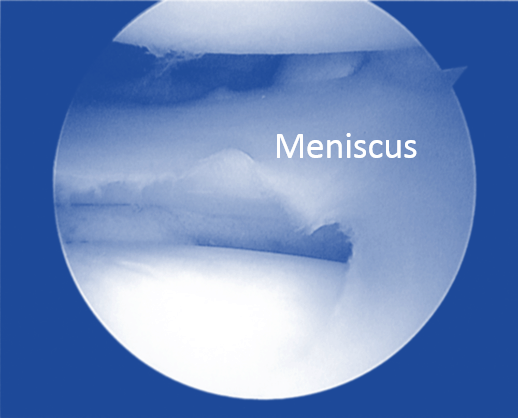Watch Your Weight if You Have a Meniscus Tear!
Are those extra pounds important if you have a meniscus tear? The knee meniscus is a spacer that helps to protect the cartilage in the knee. Having a meniscus tear can reduce the efficiency of that spacer. Want to reduce the shock absorbing efficiency even further? Have the torn part of your meniscus removed surgically in one of the most common surgical procedures in the United States. If a meniscus tear can increase forces on the cartilage, how about a torn meniscus and gaining or losing weight? This is exactly the question a team of researchers sought to answer. They looked at patients with and without a medial meniscus tear who had gained or lost weight. Their findings? Gaining weight with a meniscus tear is a double whammy and is associated with losing more cartilage at a faster pace. Losing weight has the opposite effect. The upshot? If you have a knee meniscus tear, don’t get the torn piece surgically removed as there is no research showing that this is more effective than common physical therapy. Do consider biologic options like platelet rich plasma and stem cells to prompt healing. Also, watch your weight, as those few extra pounds may equal far less cartilage tread on those knee bones!

If you have questions or comments about this blog post, please email us at [email protected]
NOTE: This blog post provides general information to help the reader better understand regenerative medicine, musculoskeletal health, and related subjects. All content provided in this blog, website, or any linked materials, including text, graphics, images, patient profiles, outcomes, and information, are not intended and should not be considered or used as a substitute for medical advice, diagnosis, or treatment. Please always consult with a professional and certified healthcare provider to discuss if a treatment is right for you.
